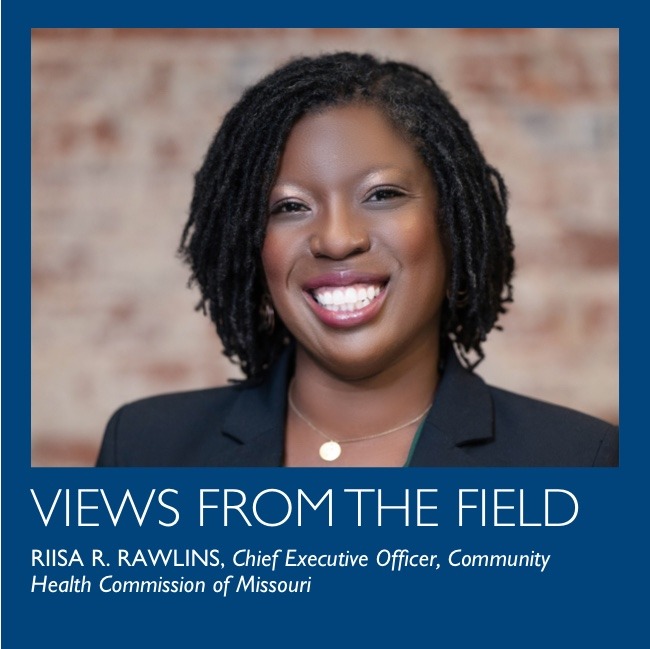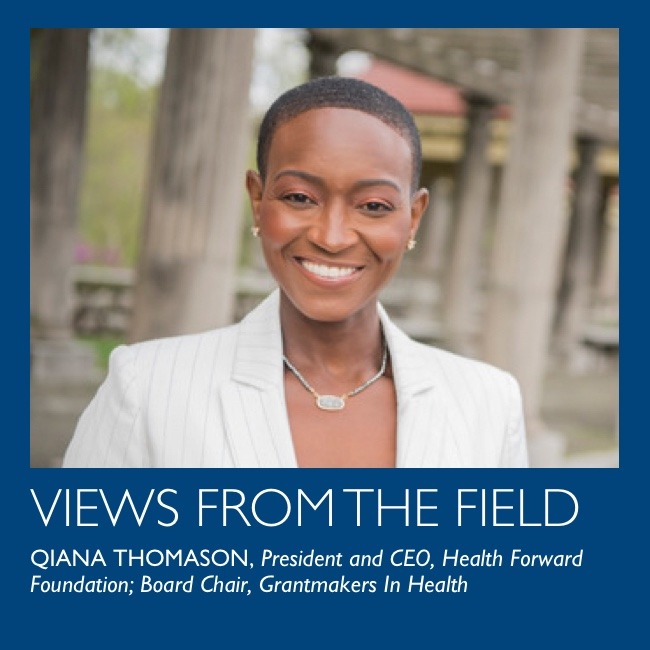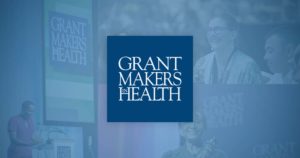Power to the People: Advancing Impact Through Participatory Budgeting
Who is best positioned to determine how health funding should be allocated? At the Community Health Commission of Missouri (CHCM), we believe the answer is clear: the people most affected by health disparities.
How Pew Is Learning to Improve Health Policy
Antibiotics revolutionized medical treatment and are a cornerstone of modern health care. However, the global rise of antibiotic-resistant bacteria is making infections costlier and deadlier. After a 2008 report commissioned by The Pew Charitable Trusts highlighted these concerns, the organization invested in multiple projects to set limits on the use of antibiotics and to spur the development of new drugs.
It Takes Many Villages to Create a Public Health Improvement Plan
Public health has gained attention in Colorado over the last four years as a result of a partnership that includes health foundations, the Colorado School of Public Health, the state legislature, and state and local health agencies.
Paid Sick Days: A Health Policy for Everyone
When the H1N1 pandemic broke out, the Centers for Disease Control and Prevention urged sick people to stay home. Unfortunately, for many Americans, staying home meant losing income, losing a good shift, or worse, losing their job.
2010 Inaugural Class of the Terrance Keenan Institute Fellows Announced
Grantmakers In Health is pleased to announce that the following individuals have been selected to participate in the inaugural Terrance Keenan Institute for Emerging Leaders in Health Philanthropy.
The State of State Budgets
At a recent meeting of state health policymakers, California team members were asked to compare their budget problems with the Titanic’s sinking and determine which health initiatives were essential and worthy of being loaded into a lifeboat. One member quipped, “We’re just trying to figure out whom to EAT in the lifeboat!”
Philanthropy’s Response to Haiti
Learn what grantmakers and other organizations are doing in response to the disaster in Haiti.
Integrative Medicine Offers Opportunity for Shared Learning and Collaboration
There is growing interest in the field known as integrative medicine. A 2007 national survey by the Centers for Disease Control and Prevention found that 38.3 percent of all adults, up from 36 percent in 2002, accessed some form of complementary and alternative medicine through visits to acupuncturists, chiropractors, massage therapists, among others.




